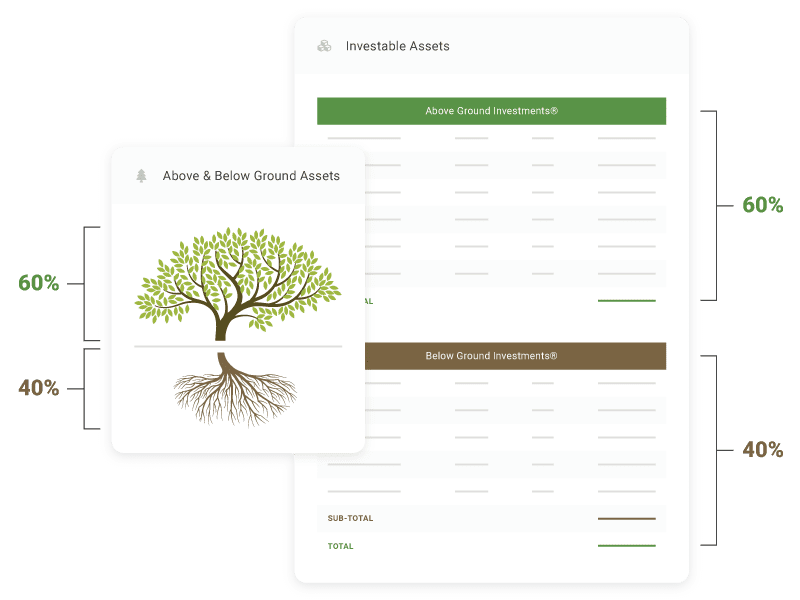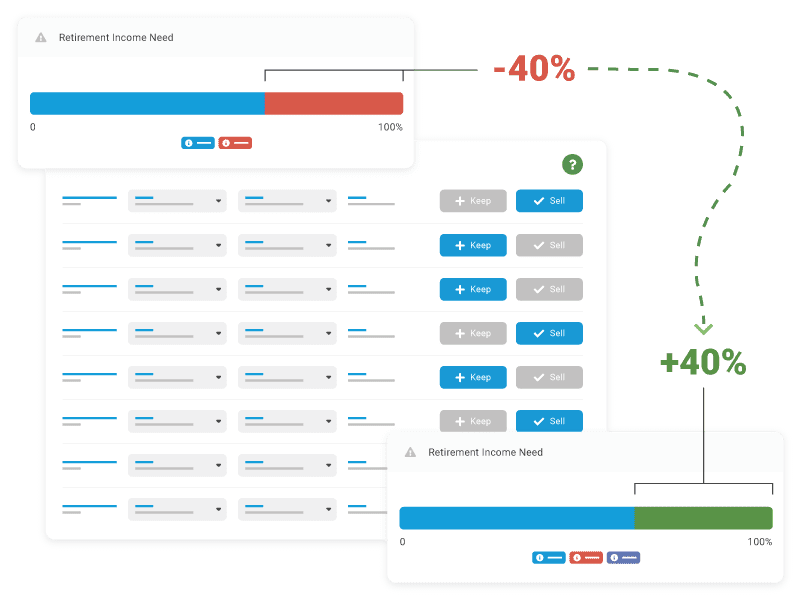When it comes to your finances, you want to be sure that you are making the best decisions for your future. This means that you need to find the right financial advisor who can help you make informed choices about your money. But with so many advisors out there, how do you know which one is right for you? In this comprehensive guide, we will walk you through the process of choosing a financial advisor who is perfect for your needs.
What to Look For in a Personal Financial Advisor
If you’re looking for a financial advisor, you want someone who can help you make the most of your money. This means finding someone who is strategic, knowledgeable, and has your best interest at heart. The first step to take is to look for a financial advisor who is certified by the Financial Planning Association or another similar organization.
In addition, you want to find an advisor who has experience working with people in your situation. If you’re a small business owner, for example, you’ll want to find an advisor who has experience working with other small businesses. By finding an advisor who is a good fit for you, you can be sure that you’re getting the best possible advice for your financial situation.

Couple choosing the right financial advisor_Kaizen Wealth
How to Find the Right Financial Advisor For You
So you know you need help managing your finances. But before entrusting someone with your life savings, you want to do your homework to find the right financial advisor. Rightfully so.
There are many different types of financial advisors, so it’s important to understand the difference between them.
A CFP, or certified financial planner, is a type of advisor that is regulated by the Financial Planning Standards Council.
A CFA, or chartered financial analyst, is someone who has completed extensive coursework in investment management and financial analysis.
A CWC, or a certified wealth coach, is a financial advisor focused on helping clients make positive changes in their spending and saving habits.
A wealth manager is a type of financial advisor that provides comprehensive financial planning services to high-net-worth individuals. Wealth managers typically have experience working with clients who have complex financial situations, such as multiple homes, investment properties, and businesses.
You should also consider whether or not your potential advisor is a fiduciary. This means that they are legally required to act in your best interests when giving advice. Not all financial advisors are fiduciaries, so be sure to ask before making any decisions.
Consider The Breadth of Financial Advisor Services
As you navigate trying to find the right financial advisor, consider what services you need. If you’re looking for help with wealth management or investment planning, you may want to choose someone with experience in those areas. If you need assistance with estate planning or taxes, look for an advisor who specializes in those topics.
Decide what parts of your financial life you need help with before you speak with an advisor. Having clarity around your needs will better prepare you for the initial conversation so you won’t be steered toward retirement planning if what you really need is budget help or debt management.
Reputable financial planners or financial advisors offer a suite of services that can help you work to be the best version of your financial self.
Cost of Working With a Personal Financial Advisor
Working with a personal financial advisor can be a great way to get your finances in order. But what does it actually cost? Fee-based planners typically charge an hourly rate for their services as well as a commission on what they’re working on for you i.e. mutual funds, insurance, etc. These can be more difficult to detect.
A fee-only financial planner is only a little different. Fee-only means they are paid by a flat fee like an hourly rate or a percentage of the assets they manage for you. These fees are easier to figure out.
Ultimately, the cost of working with a personal financial advisor will depend on your specific needs and goals, as well as your budget. Determine how much you’re willing to spend or what pay structure works best for your needs. Keep in mind, that some financial advisors or planners also work on a retainer basis.

Questions to ask a potential financial advisor_Kaizen Wealth
Questions to ask potential financial advisors
- What are your certifications?
- Are you a fiduciary?
- What services do you offer?
- Are you fee-only or fee-based?
- Do you offer packaged deals?
- Do you get paid commission?
- Do you work on retainer?
- What is your communication style?
Don’t be afraid to get specific about your needs and ask more questions. They’re there to help you meet your goals. You can also find a comprehensive list of questions here.
Ready to Take the Next Steps?
Now that you know what to look for in a financial advisor, it’s time to put your strategic financial plan into action. Remember to consider your needs. What are your financial goals? What level of risk are you comfortable with? Answering these questions will help you narrow down the field and find an advisor who is a good fit for you.
Take your time. Don’t rush into a decision – this is an important decision, and you want to be sure you’re comfortable with your choice. Schedule meetings with several different advisors, and ask plenty of questions. Make sure you understand their investment strategies and feel confident in their ability to help you reach your goals.
Finally, trust your gut. If something doesn’t feel right, or if you have any doubts, move on to someone else. The right financial advisor should make you feel confident and secure in your choices – if they don’t, they’re not the right fit for you.
Learn more about Kaizen Wealth and our wealth management advisors here.



